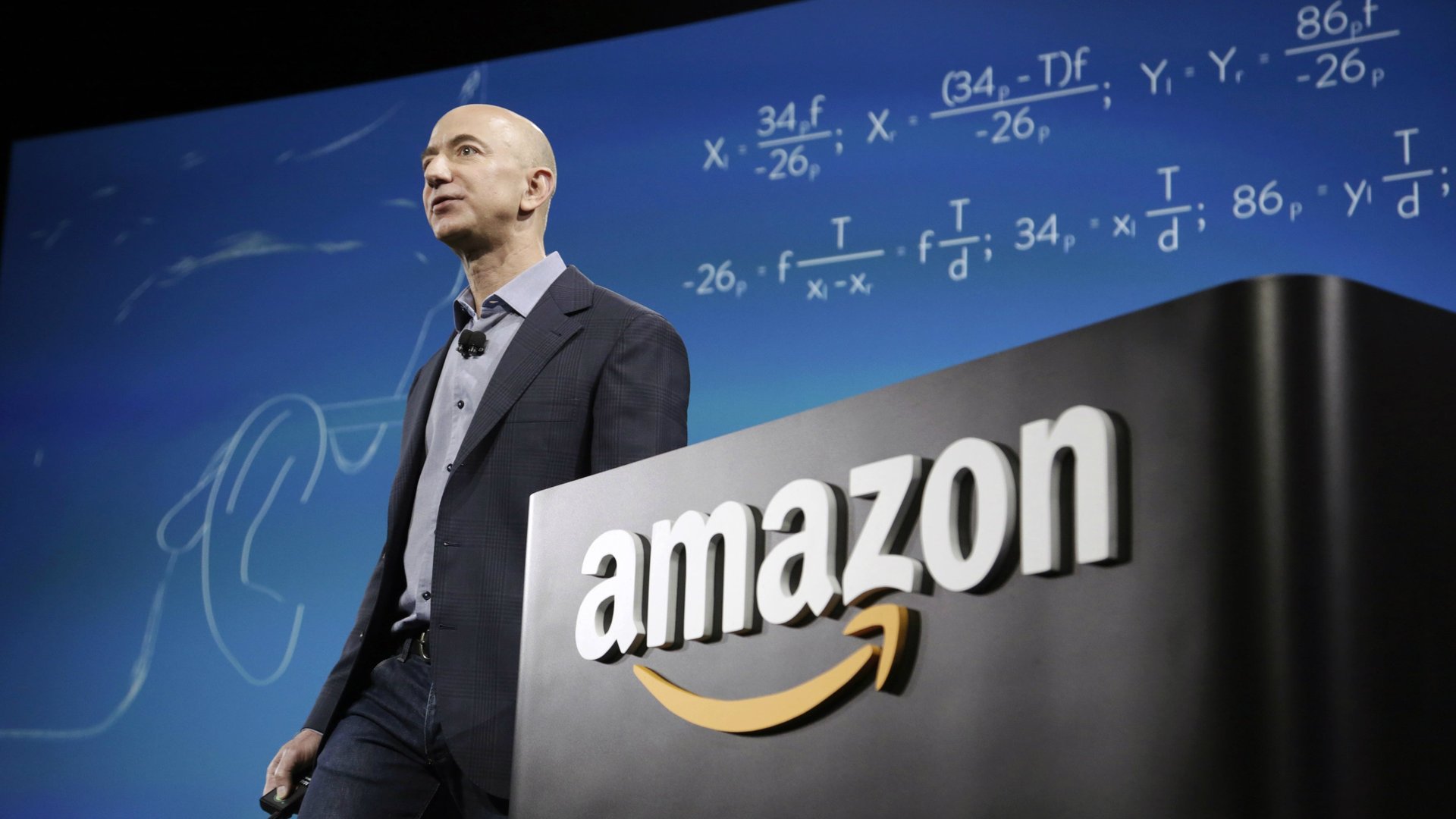Starting next week, Amazon is lowering prices at Whole Foods
Less than a day after federal regulators in the US approved Amazon’s $13.7 billion takeover bid for Whole Foods, the Silicon Valley retail titan wasted no time in saying it would lower prices at the upscale grocery chain. The change is expected to impact the cost of a range of foods, including avocados, eggs, salmon, ground beef, and more.


Less than a day after federal regulators in the US approved Amazon’s $13.7 billion takeover bid for Whole Foods, the Silicon Valley retail titan wasted no time in saying it would lower prices at the upscale grocery chain. The change is expected to impact the cost of a range of foods, including avocados, eggs, salmon, ground beef, and more.
“Starting Monday, Whole Foods Market will offer lower prices on a selection of best-selling staples across its stores, with much more to come,” the company said in a statement.
It’s a familiar tale from Amazon, which disrupted books and other household staples by offering more competitive prices than brick-and-mortar stores. The move sends a clear message to the US grocery industry—Amazon is ready to begin its foray into the market in much the same fashion. The company also said its Amazon Prime service subscribers will be eligible for Whole Foods customer rewards, giving them extra savings and in-store benefits that have yet to be announced. Also on the horizon are Amazon-branded lockers in Whole Foods stores where customers can pick up orders they made online.
The benefits of Amazon’s backing stand to make shopping at Whole Foods more affordable and convenient, but consumers can also anticipate speedy delivery of groceries to be roped into the deal. When Amazon purchased Whole Foods, the chain had about 460 standalone stores. Those now effectively function as warehouses for the Amazon Fresh delivery service, says Phil Lempert, a grocery industry analyst.
A major boon: 90% of Amazon Prime subscribers live within 10 miles (16 km) of a Whole Foods store. “So expect prices in store to go down, prices on delivery to go down, and shoppers to win big in both arenas,” Lempert says.
The decision to lower prices at Whole Foods strikes at one of the significant public perception problems that has dogged the grocery chain for years. Often called “Whole Paycheck,” the company had gained a reputation for its sky-high prices. Now, with Amazon’s backing, the chain stands to become a formidable competitor in what’s shaping up to be a grocery-industry war.
Already, foreign discounters—including Lidl and Aldi—are expanding their footprints in the US, putting established chains such as Walmart, Kroger, Meijer, and Publix on defense.